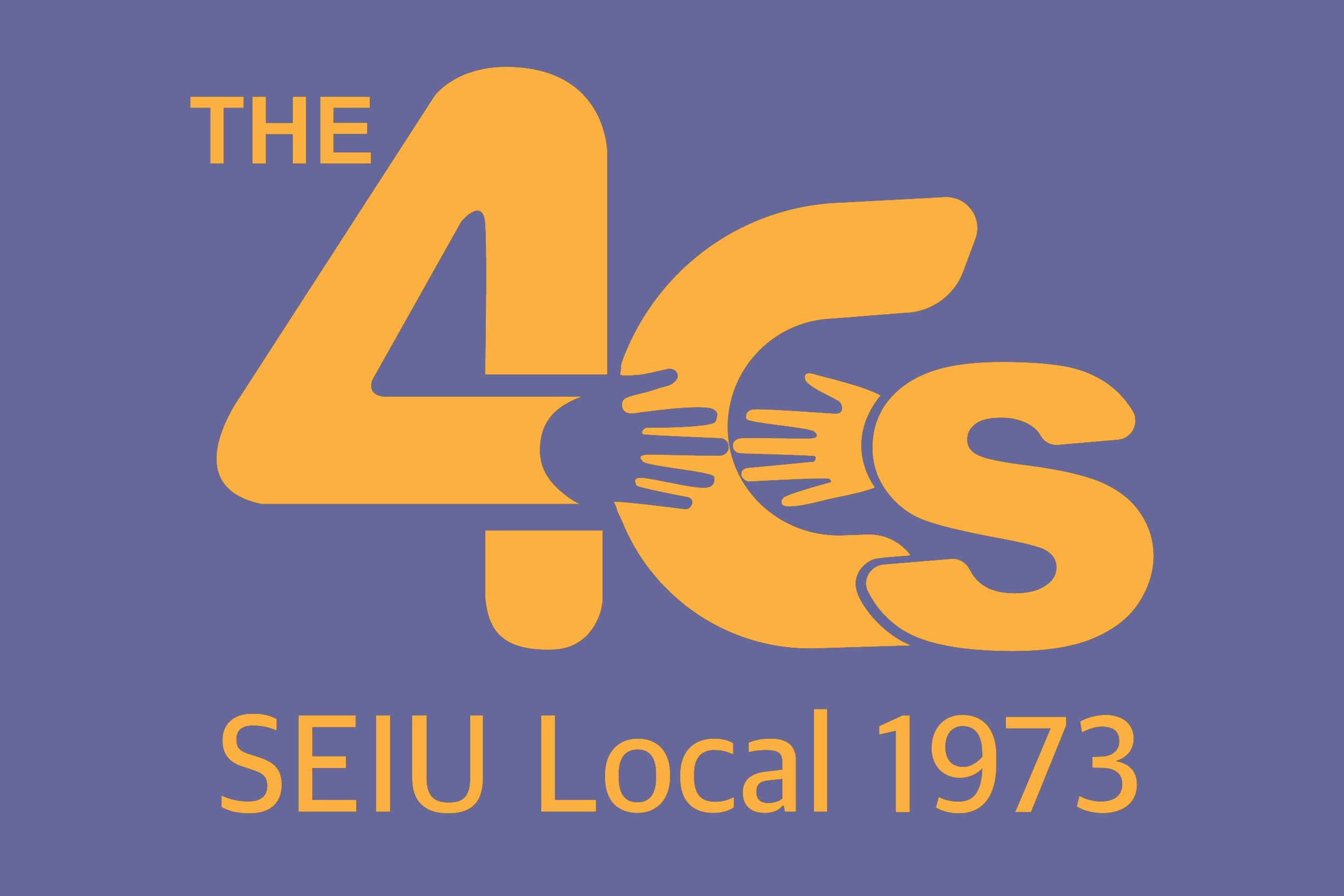To: Employees represented by the Congress of Connecticut Community Colleges who are NOT members of the union and are subject to a union security clause and, therefore, must pay dues or fair share fees to the 4C’s as a condition of employment.
The U.S. Supreme Court has held that federal law does not permit a labor union to use union funds collected from nonmembers pursuant to a union security clause on union activities unrelated to representational activity, if the nonmember objects. Representational activity includes all matters germane to collective bargaining, contract administration, and grievance adjustment. Nonrepresentational activity includes certain types of legislative lobbying, litigation, public relations, and communications.
Employees who have not joined the union are urged to consider the benefits of full union membership. Employees who choose not to join the union may continue to support the union by not objecting to paying an agency fee equal to the dues that union members pay.
For the year ended June 30, 2012, 85.43% of the union’s expenses were for representational functions. Nonmembers have the right to object to paying the 14.57% of the agency service fee which finances nonrepresentational union activities. Nonmembers who file an objection are classified as objecting nonmembers. Objecting nonmembers who file timely objections will be refunded 14.57% of the agency service fee.
To file an objection for the year ended June 30, 2012, send a letter of objection to: Tony Scott, Comptroller, Congress of Connecticut Community Colleges, 907 Wethersfield Avenue, Hartford, CT 06114. Objecting nonmembers should include their name, address, college, and social security number. Objections must be filed by March 8, 2013.
In addition, objecting nonmembers have the right to challenge the union’s calculation of the representational expenses. The fiscal basis for the union’s calculation is set forth in the document 2012 Expense Allocation. Objecting nonmembers who wish to challenge the union’s fair share fee calculation must (1) submit a letter contesting the calculation, (2) state the percentage they believe the fair share fee should be, (3) request a hearing to determine the accuracy of the union’s calculation. Letters challenging the union’s calculation should be addressed to the Comptroller and must be filed on or before March 8, 2013. After the deadline, all challenges will be consolidated and a hearing date will be set within 30 days before the union’s Executive Board. At the hearing, all objecting nonmembers challenging the calculation will be given the opportunity to present evidence and explain their position. The Executive Board will consider all the evidence and issue a decision within 10 days of the hearing.
If an objecting nonmember challenging the fair share fee is not satisfied with the Executive Board’s decision, an appeal must be submitted to the Executive Board in writing within 15 days of the decision. Timely appeals will be submitted to arbitration before an impartial fact-finder appointed by the American Arbitration Association. Multiple appeals will be consolidated into a single hearing. The hearing will be conducted under the American Arbitration Rules for Impartial Determination of Union Fees, and will be held within 120 days of the date the appeal is received by the union. The union will pay the arbitrator’s fee. The objecting nonmember who appeals is responsible for personal expenses such as travel, lost wages, and attorney fees.
